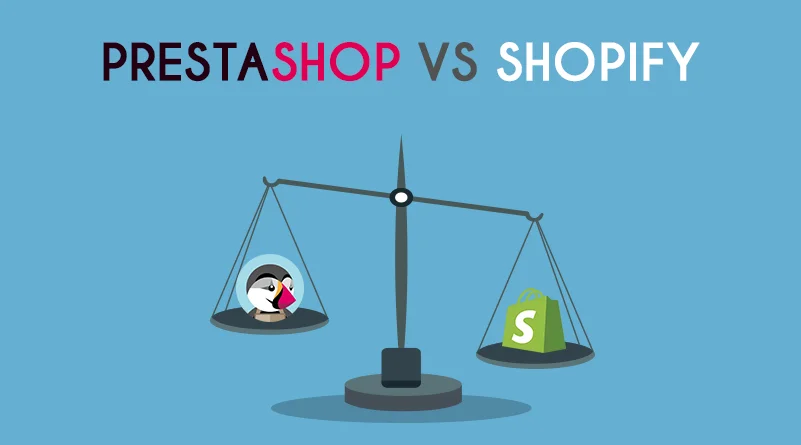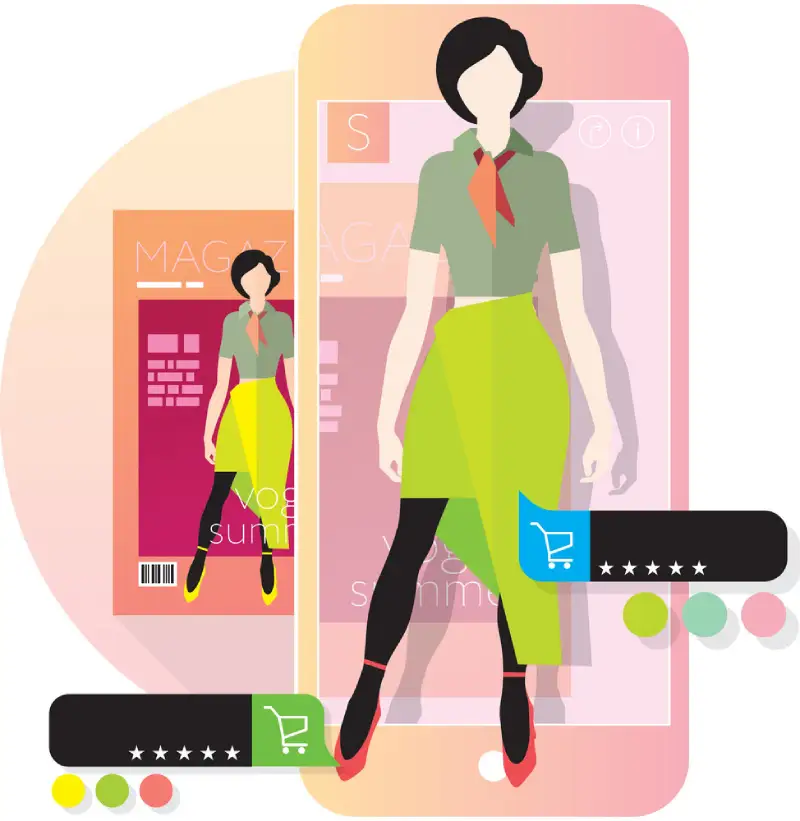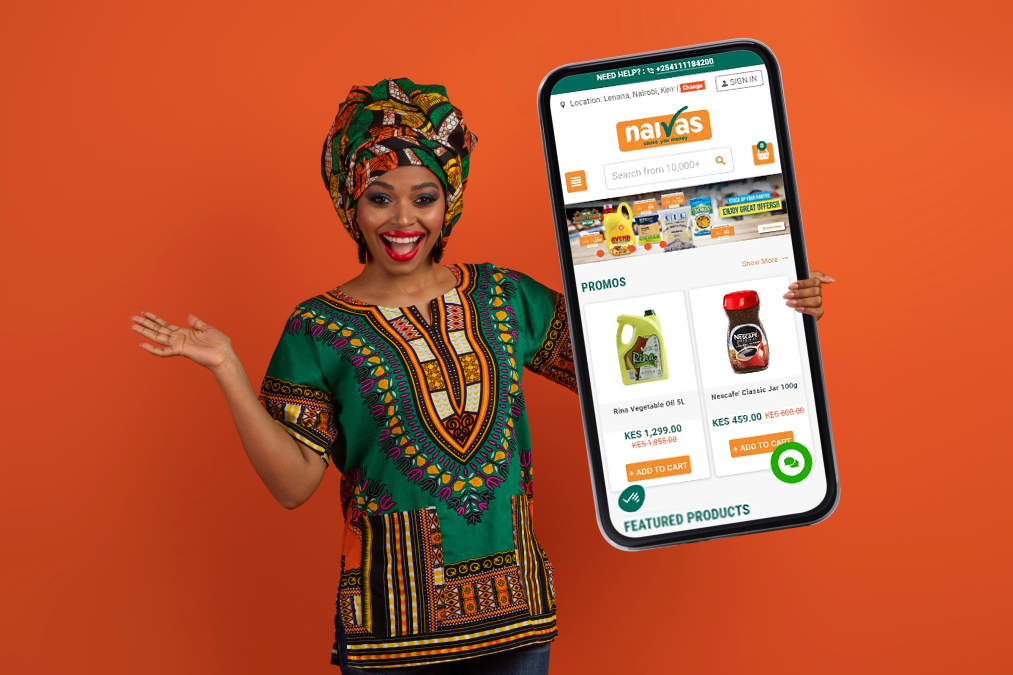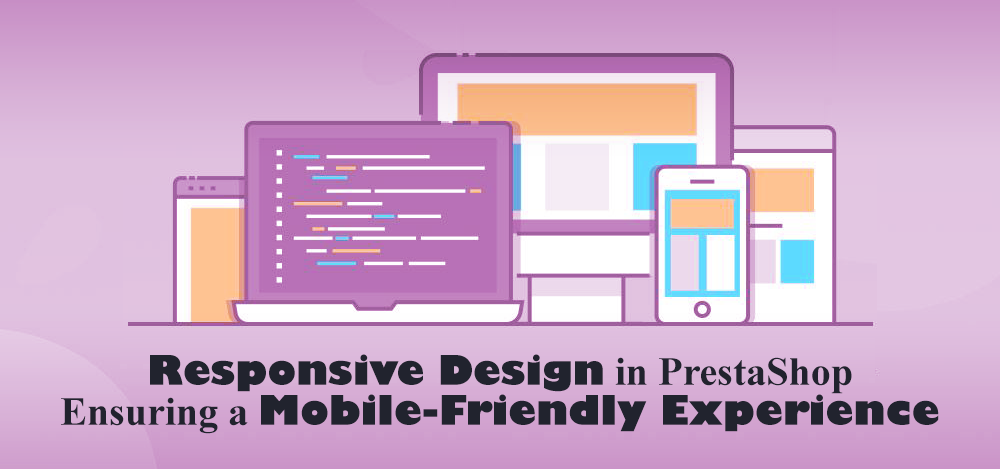Introduction
Across Africa, technology is moving faster than ever. Businesses that once relied only on phone calls and face-to-face interactions are now shifting to digital platforms where customers expect instant responses and seamless experiences.
One of the biggest changes is coming from chatbots and AI-powered automation. In Kenya, Nigeria, South Africa, and beyond, more companies are using AI not just as a trend but as a real tool to cut costs, boost sales, and serve customers better.
So what does the future look like? And how can startups and SMEs in Africa prepare to take advantage of this wave of innovation?
Let’s explore.
Why AI and Chatbots Matter for Africa
1. Customer behavior is changing
Africans are spending more time online, especially on WhatsApp, Instagram, and mobile apps. Customers no longer want to wait hours for a reply — they want instant answers, whether they’re buying clothes in Nairobi, ordering food in Lagos, or booking a ride in Johannesburg.
2. Mobile-first economy
Africa is a mobile-first continent. Most internet users access services through smartphones rather than laptops. That makes AI-powered mobile solutions like WhatsApp chatbots, voice assistants, and USSD tools even more important.
3. Cost-saving for SMEs
Hiring large customer support teams is expensive. AI offers affordable automation for small businesses in Africa, helping them serve more people with fewer resources.
4. Access to global tools
Thanks to platforms like OpenAI, Twilio, and Airtable, African startups don’t need to reinvent the wheel. They can build advanced solutions using tools already available globally, but tailor them for local needs.
What the Future of Chatbots in Africa Looks Like
1. Multilingual Chatbots
Africa is rich in languages. The future will see AI systems that can switch between English, Swahili, Zulu, Hausa, Arabic, and French without losing context. Imagine a chatbot in Kenya that can greet a customer in Swahili, answer questions in English, and process payments in Sheng slang terms — all in the same conversation.
2. AI-powered Payments
Mobile money changed Africa forever. The next step is chatbots that accept payments directly. A customer will chat with a business on WhatsApp, place an order, and complete payment instantly through M-Pesa, Airtel Money, or cross-border digital wallets — all within the chatbot.
3. Voice-Enabled Assistants
For many Africans, especially in rural areas, typing is not always convenient. Voice-powered AI assistants will allow customers to interact in natural spoken language, making technology more inclusive for those who are not fluent in writing or reading.
4. Sector-Specific Chatbots
We’re moving beyond general customer service. The future will see industry-focused chatbots:
-HealthTech: Virtual assistants for hospitals, clinics, and pharmacies.
-AgriTech: Chatbots that give farmers real-time market prices or weather alerts.
-EdTech: AI tutors that help students learn via WhatsApp or mobile apps.
-FinTech: Bots that provide instant loan applications and credit checks.
5. Predictive AI for Business Growth
AI won’t just answer questions. It will analyze customer data and help businesses predict what products will sell, what services are in demand, and how to retain loyal customers. This will be a game-changer for African SMEs that need to make smarter decisions without spending heavily on research.
Challenges Africa Must Overcome
The future is exciting, but there are real challenges:
1.Internet connectivity: While urban areas are growing fast, rural areas still struggle with stable internet. Offline-first solutions like USSD will remain important.
2.Trust and adoption: Many customers worry about sharing personal data with bots. Building trust will be critical.
3.Cost of integration: Some AI solutions are still pricey. Startups will need affordable providers that understand the African context.
4.Skills gap: More developers and entrepreneurs need training in AI and automation to fully unlock the potential.
What This Means for African Businesses
-SMEs in Kenya can use chatbots to automate order confirmations, track deliveries, and cut down customer service costs.
-Agribusinesses in Uganda can help farmers check prices and get advice instantly.
-Banks in Nigeria can provide customer support 24/7 through WhatsApp and USSD bots.
-Healthcare providers in Tanzania can use AI-powered bots for booking appointments and reminders.
The result? Businesses save time, customers get better experiences, and the economy becomes more digital.
Why Partner with E-Startups Kenya
At E-Startups Kenya, we believe the future of African business lies in AI-powered digital solutions. Our role is to help startups, SMEs, and corporates embrace these tools without the complexity.
Here’s how we help:
✅ Custom chatbot development for WhatsApp, mobile apps, and websites.
✅ Integration with local payments like M-Pesa, Airtel Money, and card systems.
✅ Mobile-first solutions designed for Africa’s internet users.
✅ Cloud and CRM systems to store and analyze customer data.
✅ Training and support so your team understands and manages your AI tools.
Instead of using one-size-fits-all templates, we design chatbots and AI solutions that fit Africa’s business realities.
FAQs on the Future of Chatbots and AI in Africa
Q1: Will AI replace human jobs in Africa?
Not entirely. AI will handle repetitive tasks, but humans will still provide strategy, creativity, and empathy.
Q2: Are chatbots affordable for small businesses in Kenya?
Yes. With providers like E-Startups Kenya, you can get cost-friendly chatbot packages that save money in the long run.
Q3: Can AI work in rural areas with low internet access?
Full AI requires internet, but we also create USSD and SMS-based solutions for areas with limited connectivity.
Q4: Which industries in Africa benefit most from AI chatbots?
Ecommerce, logistics, healthcare, agriculture, education, and financial services are the top sectors.
Q5: Can African chatbots support multiple languages?
Yes. AI tools are becoming better at handling Swahili, English, French, Arabic, and other local languages.
Conclusion
The future of chatbots and AI in Africa is bright. From Nairobi to Lagos, Accra to Cape Town, businesses are discovering how automation can help them scale faster, serve customers better, and cut unnecessary costs.
At E-Startups Kenya, our mission is to ensure that African businesses don’t just watch this transformation happen — they lead it.
👉 If you’re ready to explore how chatbots and AI can transform your business, contact us today and let’s build the future together.



























